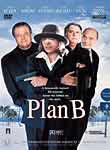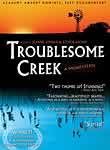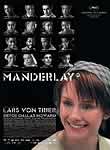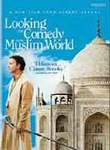 A
A Down in the Valley
Edward Norton (Produced also), Evan Rachel Wood, David Morse, With Bruce Dern. Director and Writer = David Jacobsen.
Norton plays a psychopathic and delusional, but not floridly psychotic young man who believes he is an old west, gunslinging cowboy, but he actually works dead end jobs in the San Fernando Valley. He meets up with lonely teen Wood, and romance ensues. Dad, played perfectly by David Morse, is a cop and smells trouble, with predictable father-daughter fights. The little brother is frightened by it all. The film starts slowly as these relationships build. I got restless after a half hour but I’m glad I waited it out. Norton’s character is charming and persuasive (as psychopathic personalities often are). Good writing there. He gets deeper into trouble with his delusion, dragging the children along with him, since young people have no clue about mental disorder. All the characters and relationships are pitch perfect. ERW was least convincing to me, but that could have been the clunky writing for that character. The photography is beautiful and the cinematography in general is wonderful, with its surreal juxtaposition of “old west” looking scenes and suburban housing projects. Norton occasionally slips into the slurred speech of the retarded (or CP) character he played opposite DeNiro in “The Score” a few years back, but other than that, he is riveting throughout, sometimes doing a Jimmy Stewart imitation. What a talent. David Morse, a second-tier actor you’ve seen a thousand times, is a real standout in this picture. A haunting movie.










